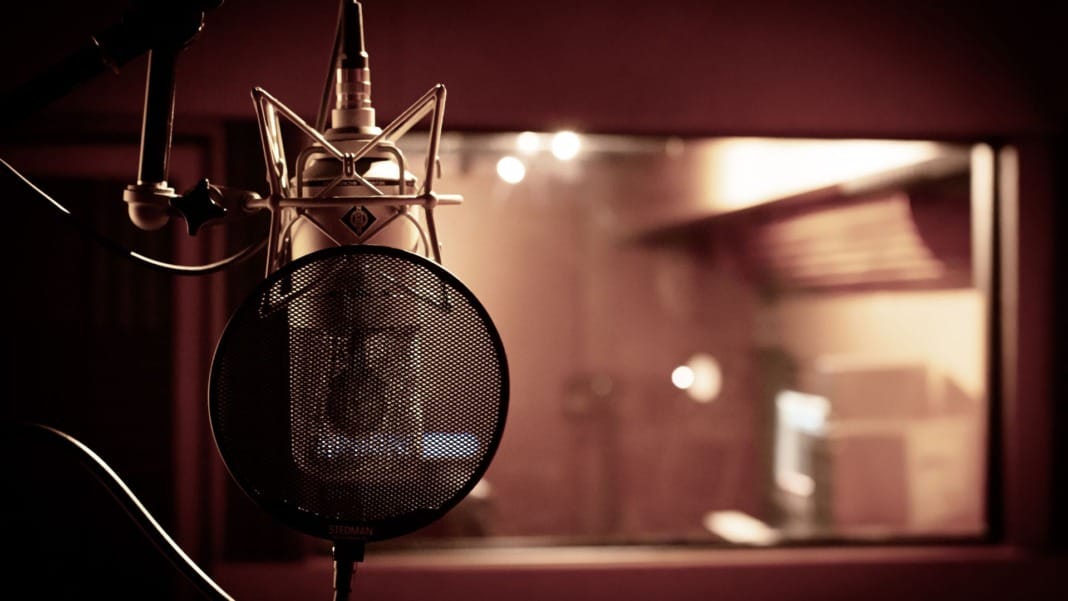The UK government is pursuing controversial plans to change copyright laws to attract more AI companies. Under these changes, AI developers would be allowed to train their models using online content created by artists without needing permission or providing payment unless the creators actively opt-out. Many musicians and artists are pushing back against this proposal.
On Monday, a group of 1,000 musicians took a stand by releasing a “silent album” to protest the planned policy changes. Titled Is This What We Want?, the album features contributions from music legends such as Kate Bush, Imogen Heap, Max Richter, and Thomas Hewitt Jones. It also includes co-writing credits from well-known names like Annie Lennox, Damon Albarn, Billy Ocean, The Clash, Mystery Jets, Yusuf / Cat Stevens, Riz Ahmed, Tori Amos, and Hans Zimmer.
However, this is not your typical charity album. Instead of music, the album features recordings of empty studios and silent performance spaces. This creative approach symbolises what artists believe will result from these law changes—the loss of their rights and creative control over their work.
“You can hear my cats moving around,” said Hewitt Jones, describing his contribution to the album. “I have two cats in my studio who bother me all day when I’m working.”
The message behind the album is even clearer when you look at its 12-track listing. The song titles state that the British government must not legalise music theft to benefit AI companies.
A growing global concern
This silent album is just one of many protests taking place worldwide as artists fight against AI’s use of their work without consent. Similar movements are happening in the US and other countries, showing that this issue extends far beyond the UK.
Ed Newton-Rex, the organiser of this project, is also leading a broader campaign against AI companies using creative work without licensing. His petition, which calls for stronger protections, has been signed by over 47,000 writers, musicians, visual artists, and actors. Nearly 10,000 signatures were collected in the last five weeks after the UK government announced its AI strategy.
Newton-Rex has also been running a non-profit focused on ethical AI, certifying companies that do not scrape or train their systems on copyrighted work without permission. Having worked in music and AI, he understands both sides of the debate. He once founded Jukedeck, an AI-driven music composition platform that allowed users to generate original music. Jukedeck was later acquired by TikTok, where Newton-Rex continued working in AI-driven music services before moving on to other major tech companies like Snap and Stability AI.
Artists left without real options
The UK’s proposed changes would require artists to opt-out if they do not want their work used for AI training. However, Newton-Rex argues that this system leaves artists in a difficult position, as there is no clear way to track whether AI companies use their work.
“We know that opt-out schemes are just not taken up,” he said. “This will give 90% to 95% of people’s work to AI companies. That’s without a doubt.”
Some artists are now considering releasing their work in other countries where copyright protections may be stronger. Hewitt Jones, who once threw his keyboard into a harbour in Kent during an earlier protest (he later retrieved it, but it was broken), has mentioned Switzerland as a possible alternative for future releases.
With no clear solution in sight, many artists fear their work will be freely taken and used to train AI, undermining their ability to earn a living. As the UK government moves forward with its AI strategy, the music industry’s silent protest is making a loud statement.




